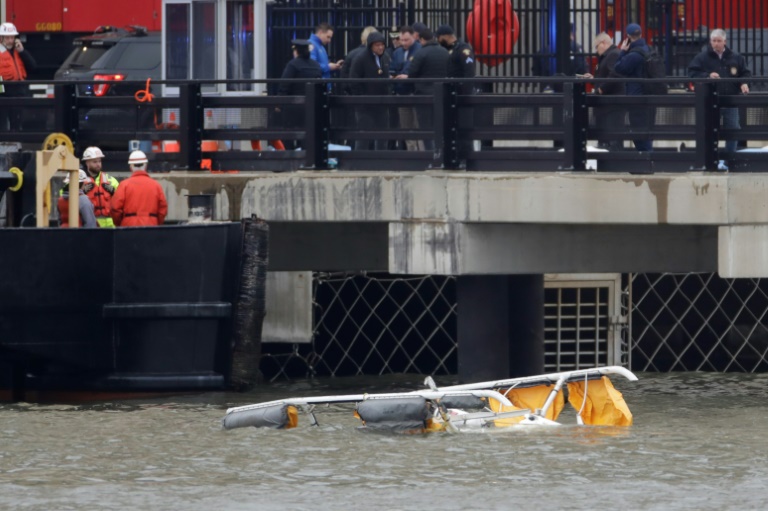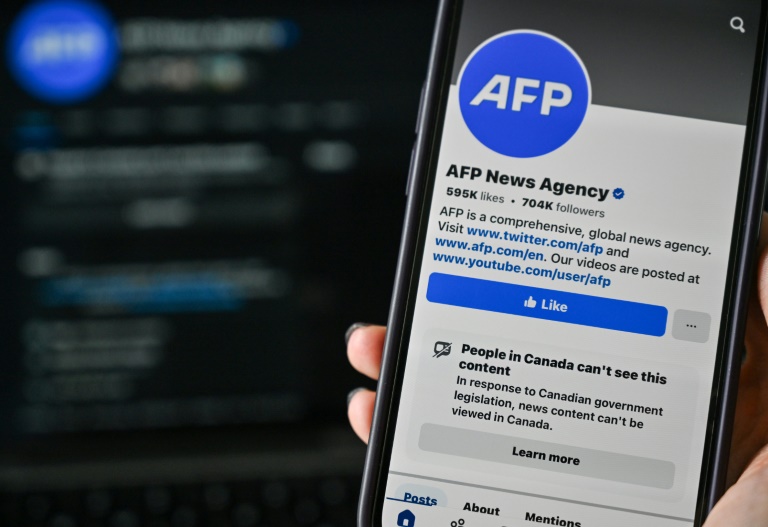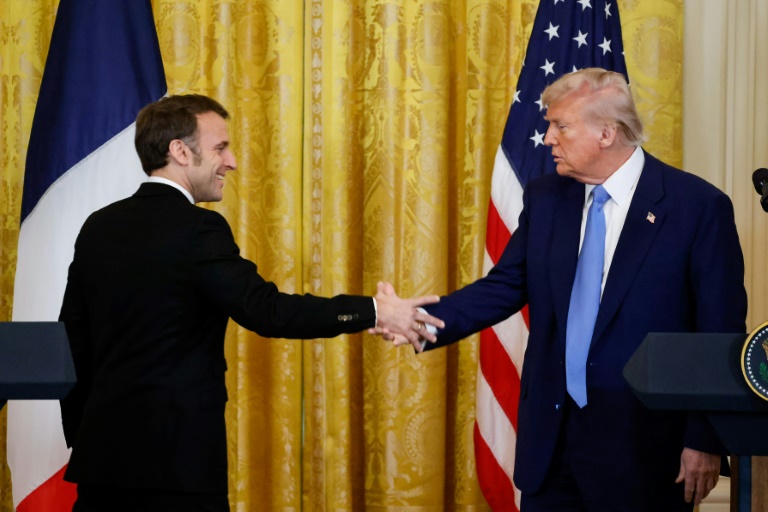Washington (AFP) – A US oil pipeline operator’s lawsuit seeking millions of dollars from Greenpeace for allegedly orchestrating a campaign of violence and defamation begins Monday in a North Dakota court, in a case with broad free speech implications. At the heart of the case is the Dakota Access Pipeline, where nearly a decade ago, the Standing Rock Sioux tribe led one of the largest anti-fossil fuel protests in US history. Hundreds were arrested and injured, prompting concerns from the United Nations over violations of Indigenous sovereignty.
The pipeline, which transports fracked crude oil to refineries and global markets, has been operational since 2017. But its operator, Energy Transfer, has continued pursuing legal action against Greenpeace — first in a federal lawsuit seeking $300 million, which was dismissed, and now in a state court in Mandan, North Dakota, where jury selection began Monday. Critics call the case a clear example of a Strategic Lawsuit Against Public Participation (SLAPP), designed to silence dissent and drain financial resources. Notably, North Dakota is among the minority of US states without anti-SLAPP protections.
“Big Oil is trying to send a message to us, and they’re trying to silence Greenpeace as well as the wider movement,” said Sushma Raman, Greenpeace’s interim executive director, in a statement to AFP. “But let us be clear: the limited actions Greenpeace took related to Standing Rock were peaceful, lawful, and in line with our values of non-violence and our work for a green and peaceful future.”
Waniya Locke, a member of Standing Rock Grassroots, rejected the idea that Greenpeace led the movement. “I want it to be very clear that no NGOs started or organized our resistance. It was matriarch-led. It was led by women who stood strong, who stood on the riverbanks unarmed,” she said in a statement.
Energy Transfer for its part denies attempting to suppress free speech. “Our lawsuit against Greenpeace is about them not following the law,” the company said in a statement to AFP. “We support the rights of all Americans to express their opinions and lawfully protest. However, when it is not done in accordance with our laws, we have a legal system to address that. Beyond that, we will let our case speak for itself.”
Greenpeace is fighting back. This month, it became the first group to test the European Union’s anti-SLAPP directive by suing Energy Transfer in The Netherlands. The group is seeking damages with interest and demanding that Energy Transfer publish the court’s findings on its website. More than 400 organizations, along with public figures such as singer Billie Eilish and actors Jane Fonda and Susan Sarandon, have signed an open letter in support of Greenpeace, as have hundreds of thousands of individuals globally. The trial is expected to last up to five weeks.
© 2024 AFP






















